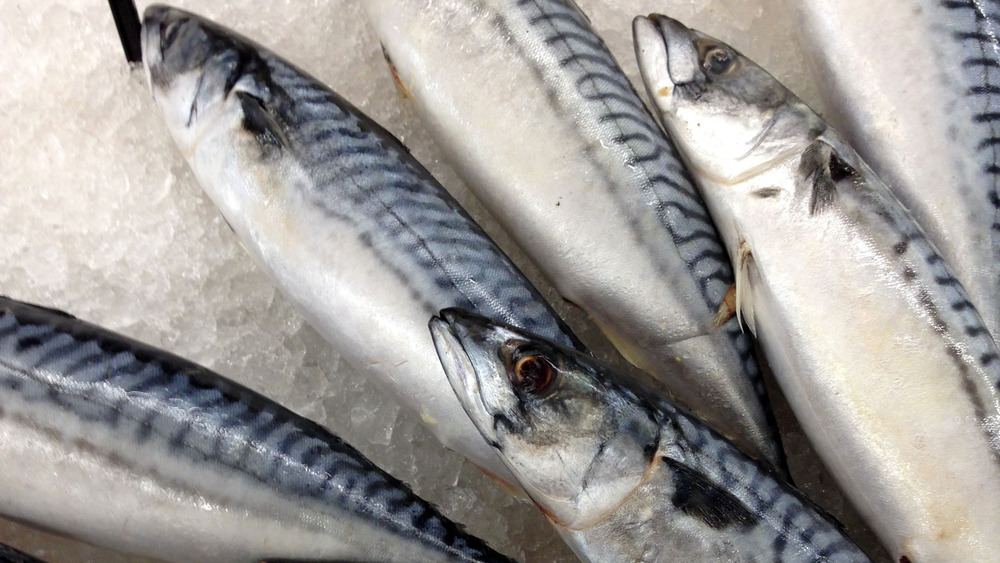Why Some People Can't Smell Fish
Everyone is familiar with the awful, pungent smell of rotting fish, right? Wrong; it turns out the experience of getting a noseful of spoiled seafood is almost, but not quite, universal.
As reported by Nature, a team of scientists of deCODE Genetics in Reykjavik, Iceland have discovered that some people have a gene mutation that affects an odor receptor in the nasal cavity that controls the ability to smell a particular compound in spoiled and fermented fish. In a study of 11,000 Icelandic people, scientists asked the subjects to smell and identify a range of scents, including licorice, cinnamon, and fish, and then rate the strength and pleasantness of each scent. According to The New York Times, around two percent of the study subjects found the fish smells less intense and more pleasant than the other 98 percent. Some of them couldn't smell the fish at all, some found it weaker and less stinky than others, and some even misidentified the scent as something else entirely, including potato, rose, and caramel.
The gene that makes fish smell bad
The gene affected by the mutation is called TAAR5 and, per The New York Times, it makes a protein that identifies the chemical trimethylamine, or TMA, that is found in rotten and fermented fish and certain bodily fluids, including sweat and urine. The ability to identify and associate a smell with rot may have evolved in order to help people avoid spoiled food, which can be dangerous.
Icelandic people tend to eat a diet very heavy in seafood, however, and national dishes include such pungent favorites as rotten shark and fermented skate, so the inability to smell spoiled fish would actually be an advantage in such an environment. This may be why a relatively large number of Icelandic test subjects have the mutation that "breaks" the TAAR5 gene. Researchers found a much smaller percentage of people in Sweden, Southern Europe, and Africa with the mutation.
An olfaction expert unaffiliated with the study told the Times that the Icelandic scientists may not have even found the mutation if they'd looked at another group of people. An expert in sensory science further noted that a population's diet can affect its genetics, and so it would be good to perform the study with a more diverse group of people. The Icelandic study's results are published in the December 2020 edition of Current Biology.

